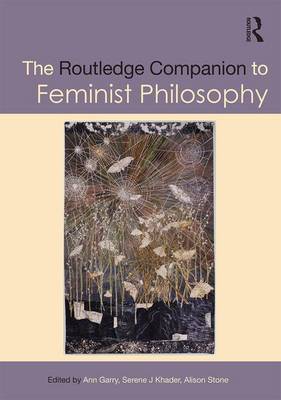Feminism and Liberalism
 In Routledge Companion to Feminist Philosophy, edited by Serene Khader, Ann Gary, and Alison Stone (Routledge, 2017).
In Routledge Companion to Feminist Philosophy, edited by Serene Khader, Ann Gary, and Alison Stone (Routledge, 2017).
For some feminists liberalism is little more than patriarchy in disguise; for others, it is the framework for securing justice. Feminism, like all other positions in political philosophy, is a range of views rather than a single determinate viewpoint. One aspect of this range is that feminism includes both academics and activists, for whom the term ‘liberalism’ can signify rather different things; after all, liberalism is not one single thing either.
In this chapter I start by considering feminist criticisms of liberalism. I discuss two aspects of feminist critique: first, academic feminist critiques of non-feminist liberal philosophy; second, activist feminist critiques of what is variously called “choice feminism”, “third-wave feminism”, or simply “liberal feminism”.
I then move to those feminists who endorse liberalism and argue that a suitably modified liberalism offers the best path to gender equality. This position, “feminist liberalism,” is mostly found in contemporary Anglo-American political philosophy. Feminist liberals understand liberalism as a commitment to substantive, demanding principles of justice based on freedom and equality. Included in this section are those feminist approaches that combine radical feminism’s insights about the limitations of individual choice with feminist liberalism’s commitment to autonomy, equality, and justice.
See more about the book here.